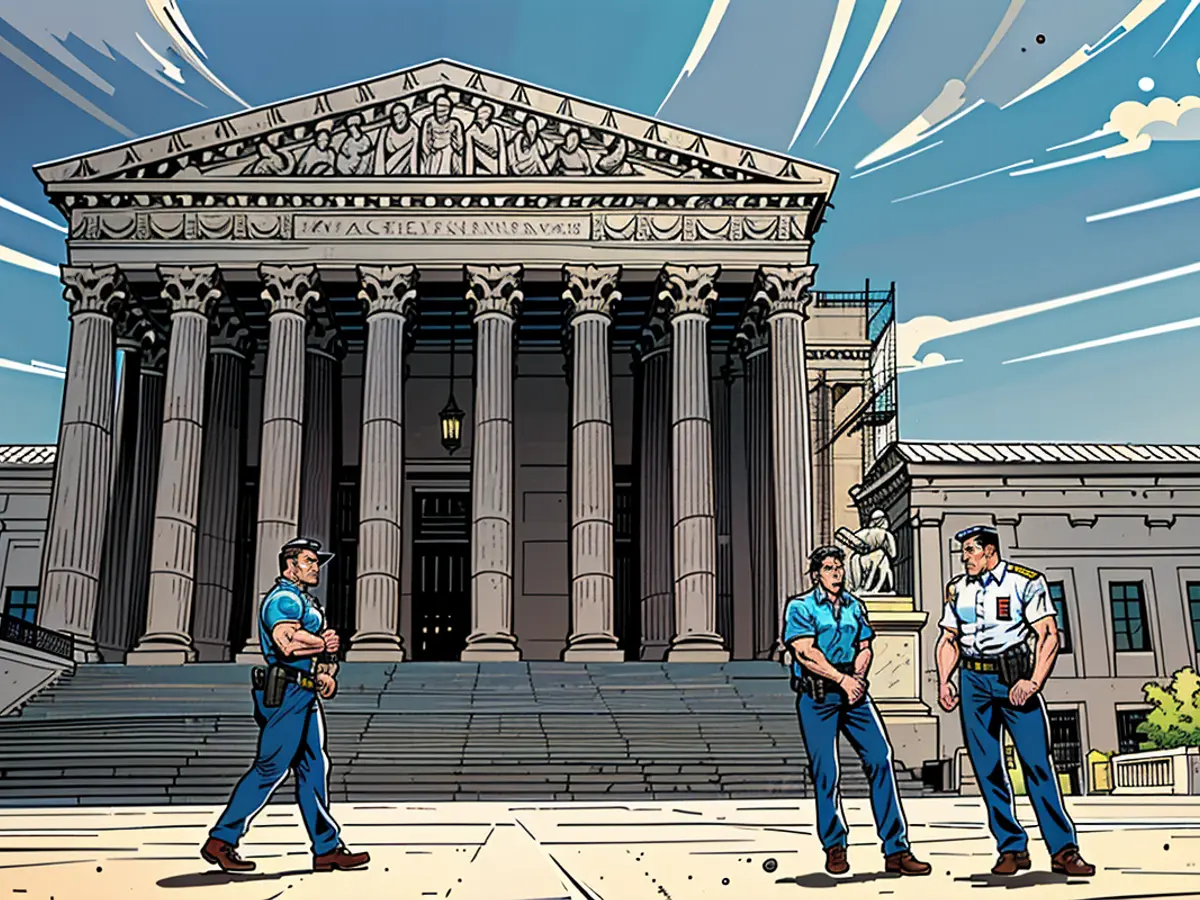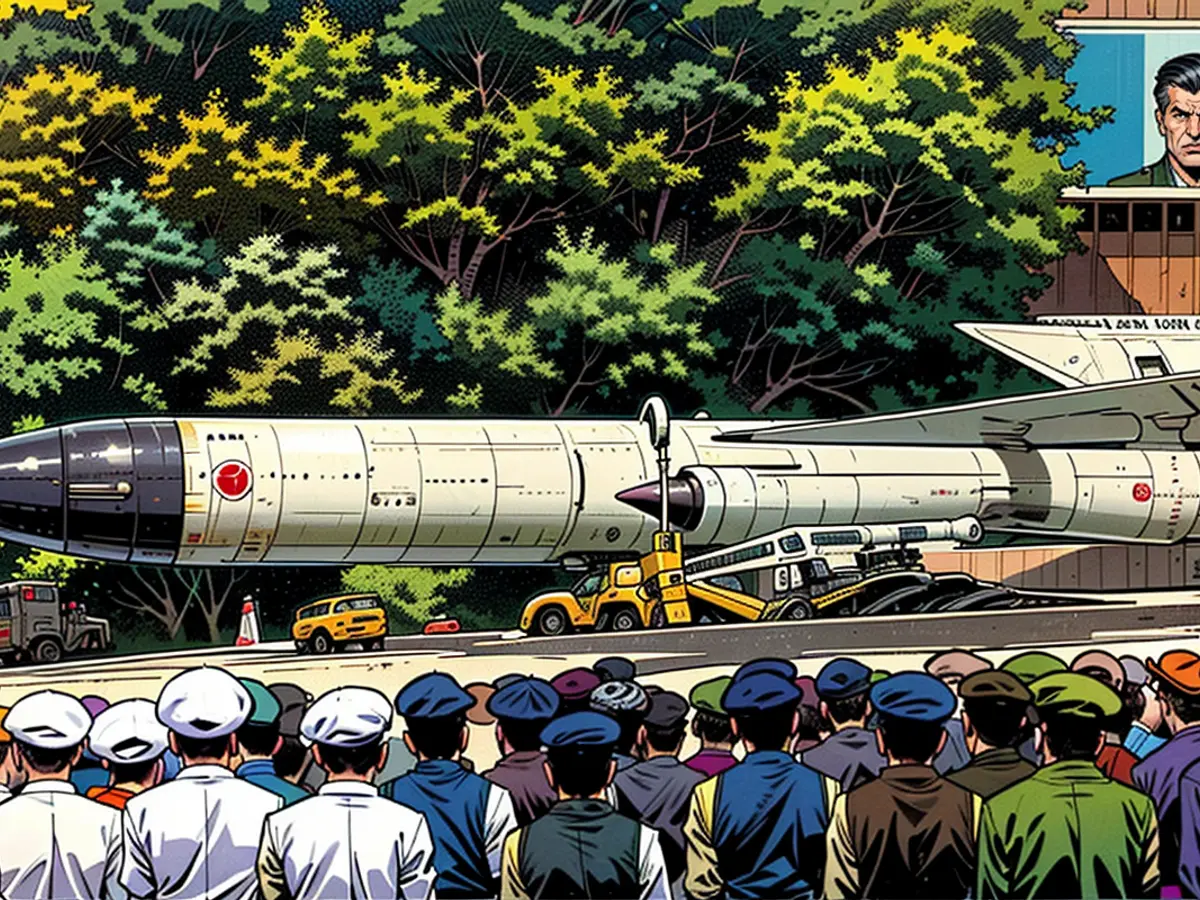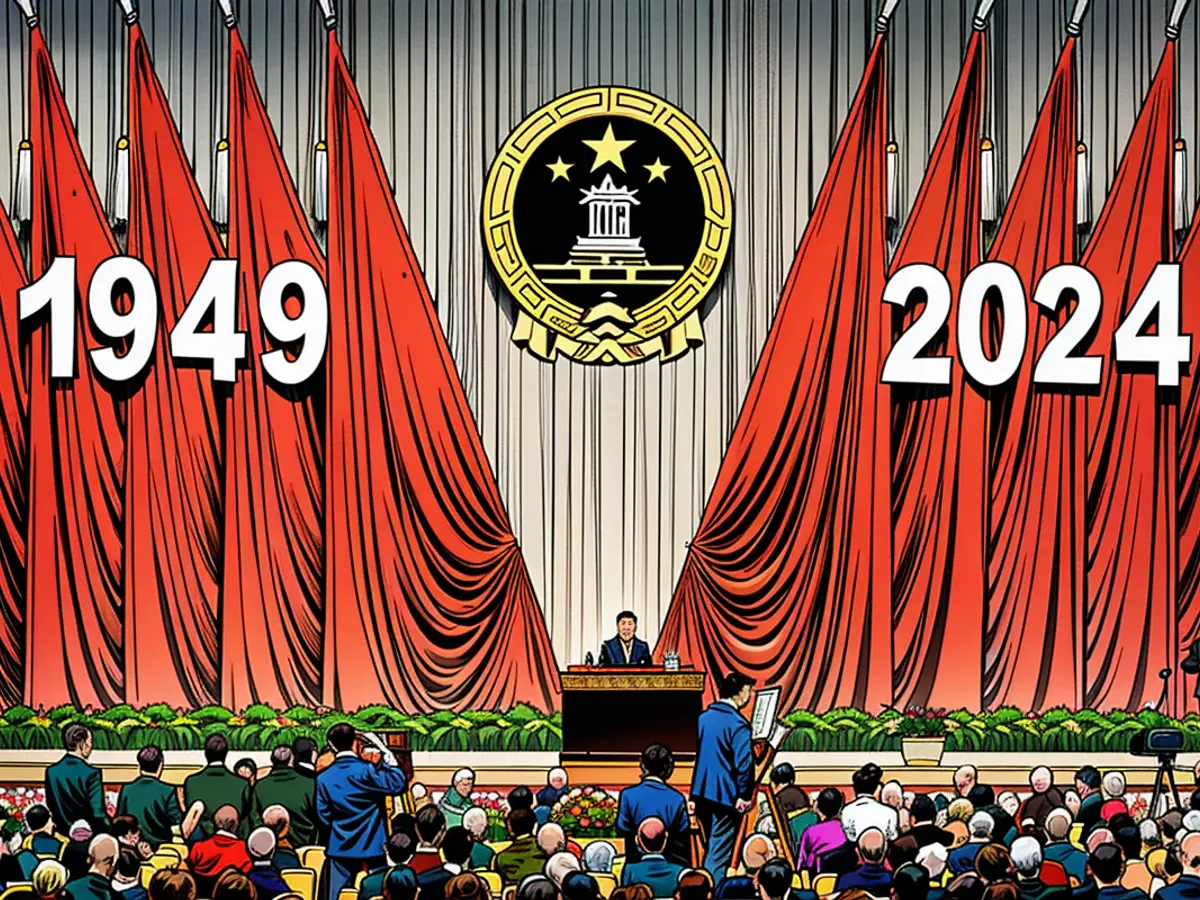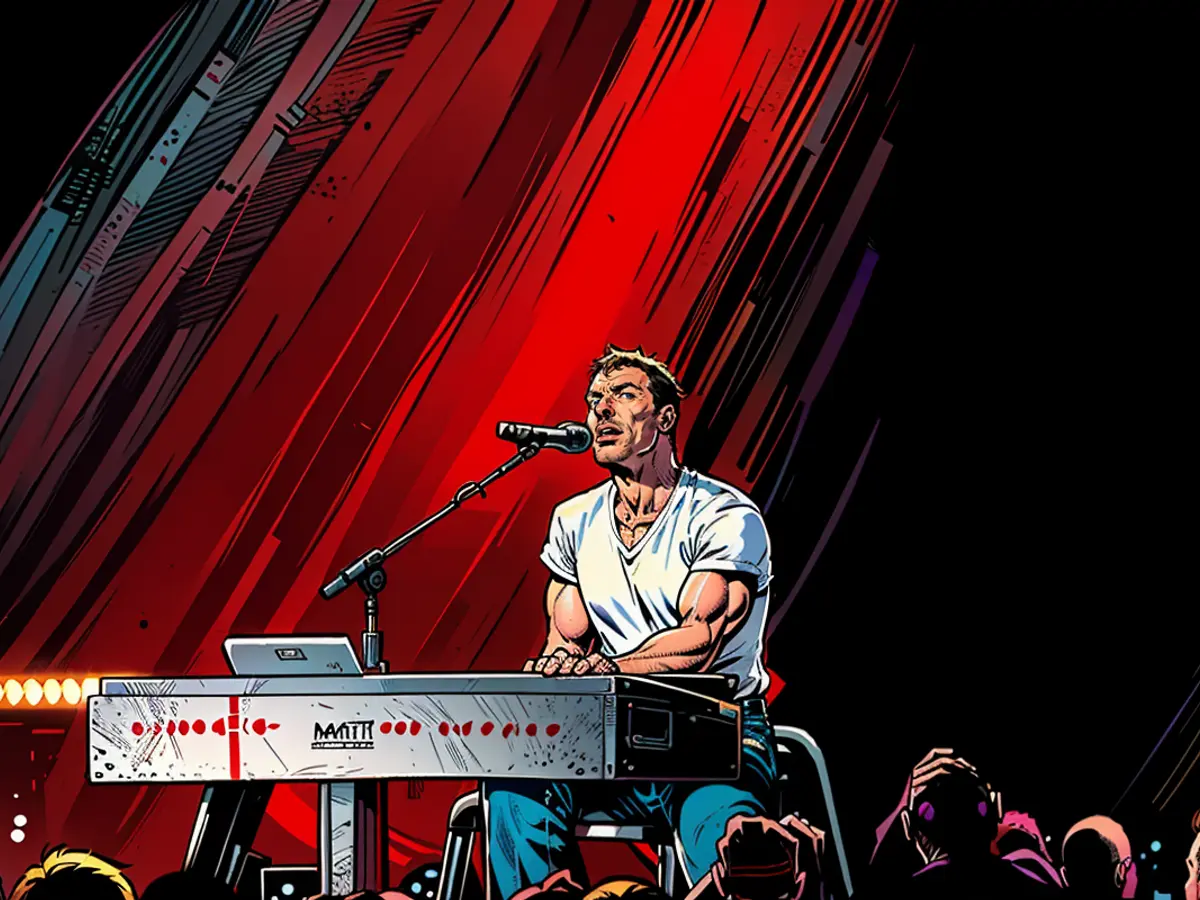Supreme Court declines to hear a series of challenges to laws barring felons and drug users from having guns
The decisions come days after the high court upheld a separate provision of the same federal disarmament law in the biggest Second Amendment case to reach the justices in two years. The court’s majority said a restriction on domestic abusers possessing firearms was constitutional because it was in line with a “tradition of firearm regulation” disarming dangerous individuals.
Weeks after the Second Amendment featured prominently on the court’s docket, the decision amounted to a collective ducking of the issue of guns when the court returns in the fall.
Among the cases the court declined to hear is one that could have unraveled Hunter Biden’s federal firearms conviction.
The court sent the challenges to the federal firearms bans back down to a lower court with instructions to review the case in light of their ruling last month in US v. Rahimi.
In that case, Chief Justice John Roberts, writing for an 8-1 majority, said that a 2022 ruling from the court that changed the framework federal courts must use when examining the nation’s gun laws did not necessarily lock lower courts into striking down any gun law that didn’t have a direct historic analogue.
Some court watchers had speculated that the court’s opinion in Rahimi might address laws disarming felons, but the majority avoided directly wading into the legal debate over whether other federal gun prohibitions – including the one at issue in the present controversy – would also be upheld, leaving the door open for the justices to more fully tackle the issue at a later point.
The ongoing politics surrounding gun control regulations was evident in the court's decision to send challenges to federal firearms bans back to a lower court. This move, influenced by their ruling in US v. Rahimi, leaves room for the justices to delve deeper into the issue of gun prohibitions in future cases.








